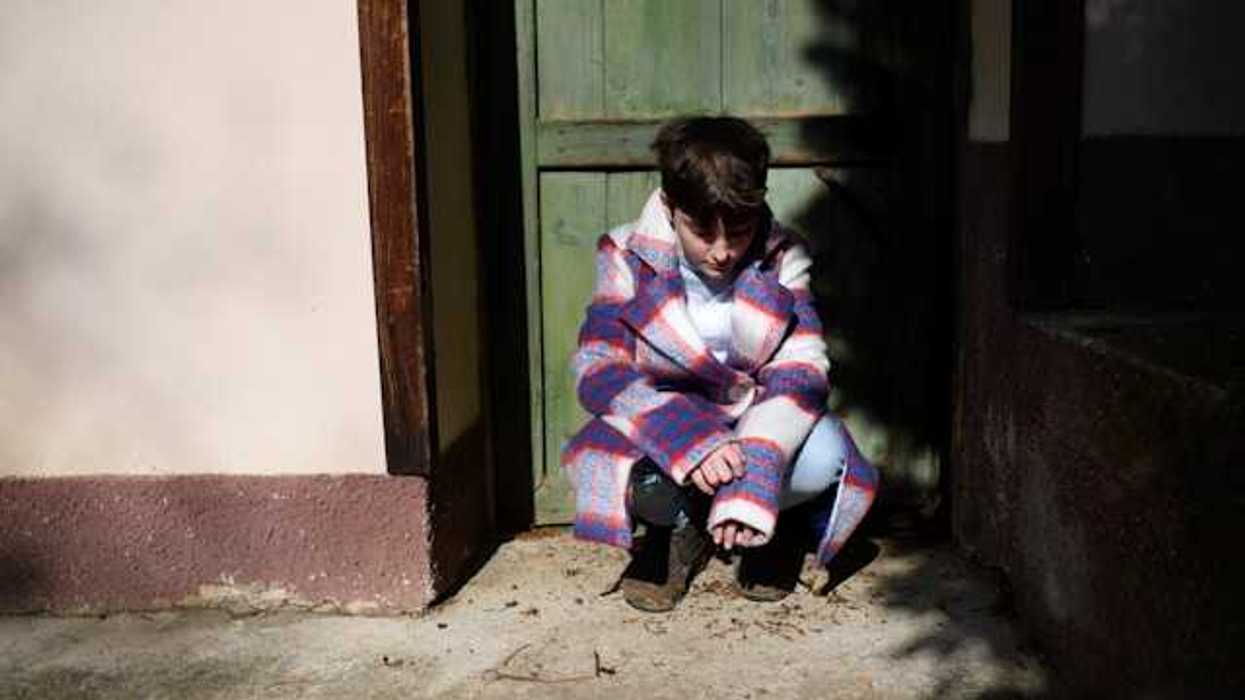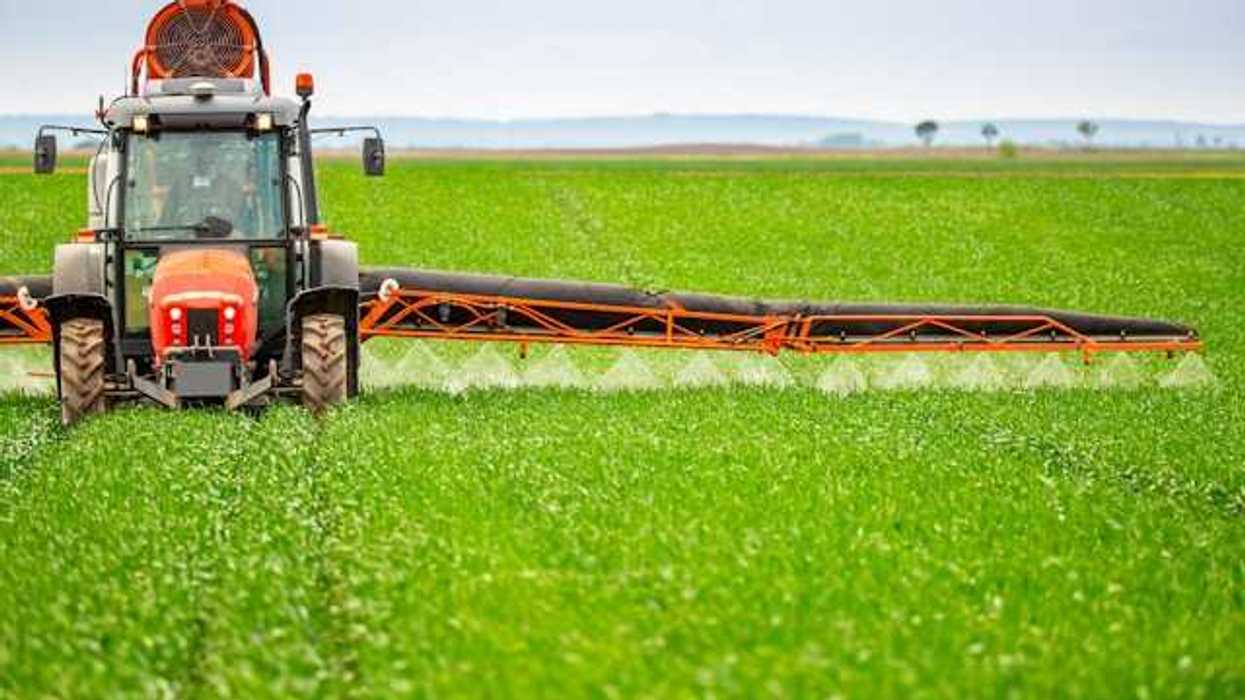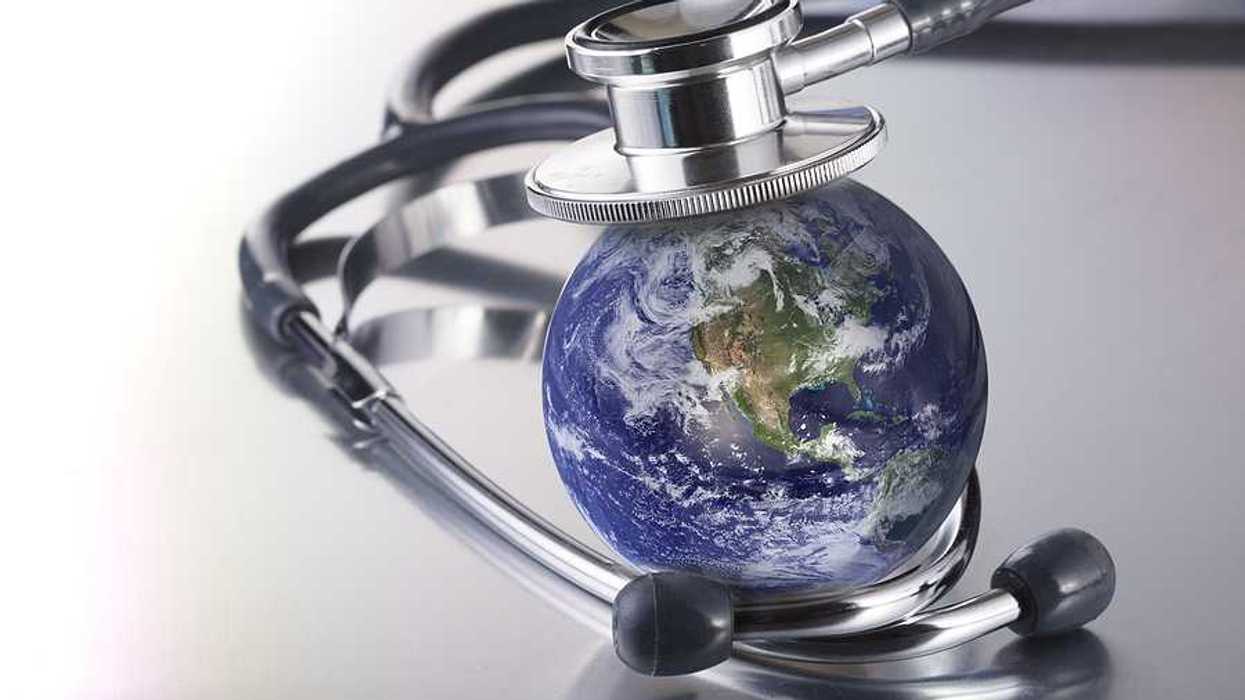Government researchers are being told to flag work on vaccines, fluoride, autism, and 20 other topics for special review — raising concerns about scientific censorship.
Annie Waldman and Lisa Song report for ProPublica.
In short:
- The National Cancer Institute (NCI) has issued new guidance requiring extra review of research and public communications on a list of 23 "controversial" topics, including vaccines, autism, and fluoride.
- The directive, linked to HHS Secretary Robert F. Kennedy Jr., a longtime vaccine skeptic, has alarmed experts who fear it will delay research and suppress critical public health information.
- Scientists warn the move could discourage open discussion of infectious diseases like COVID-19 and bird flu, potentially worsening public health outcomes.
Key quote:
“This is real interference in the scientific process…[The list] just seems like Big Brother intimidation.”
— Linda Birnbaum, former director of the National Institute of Environmental Health Sciences
Why this matters:
Blocking or delaying research on vaccines and infectious diseases could have real-life consequences, from hampering disease prevention to undermining public trust in science. When every word needs extra approval, delays become inevitable, and scientists are left wondering what’s politically acceptable rather than what’s accurate. For an administration that vowed to follow the science, this move raises the question: Who gets to decide which science is safe to discuss?














